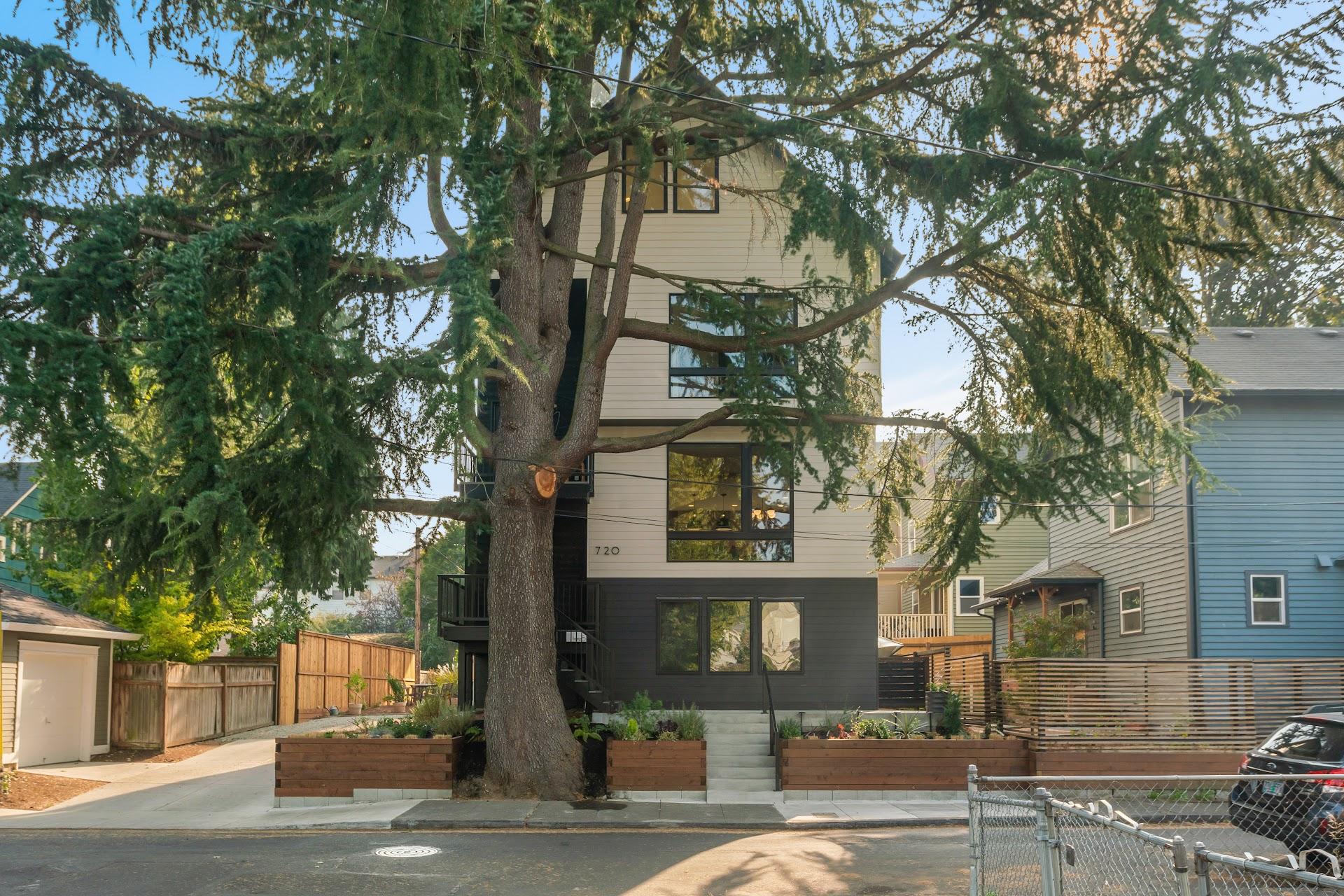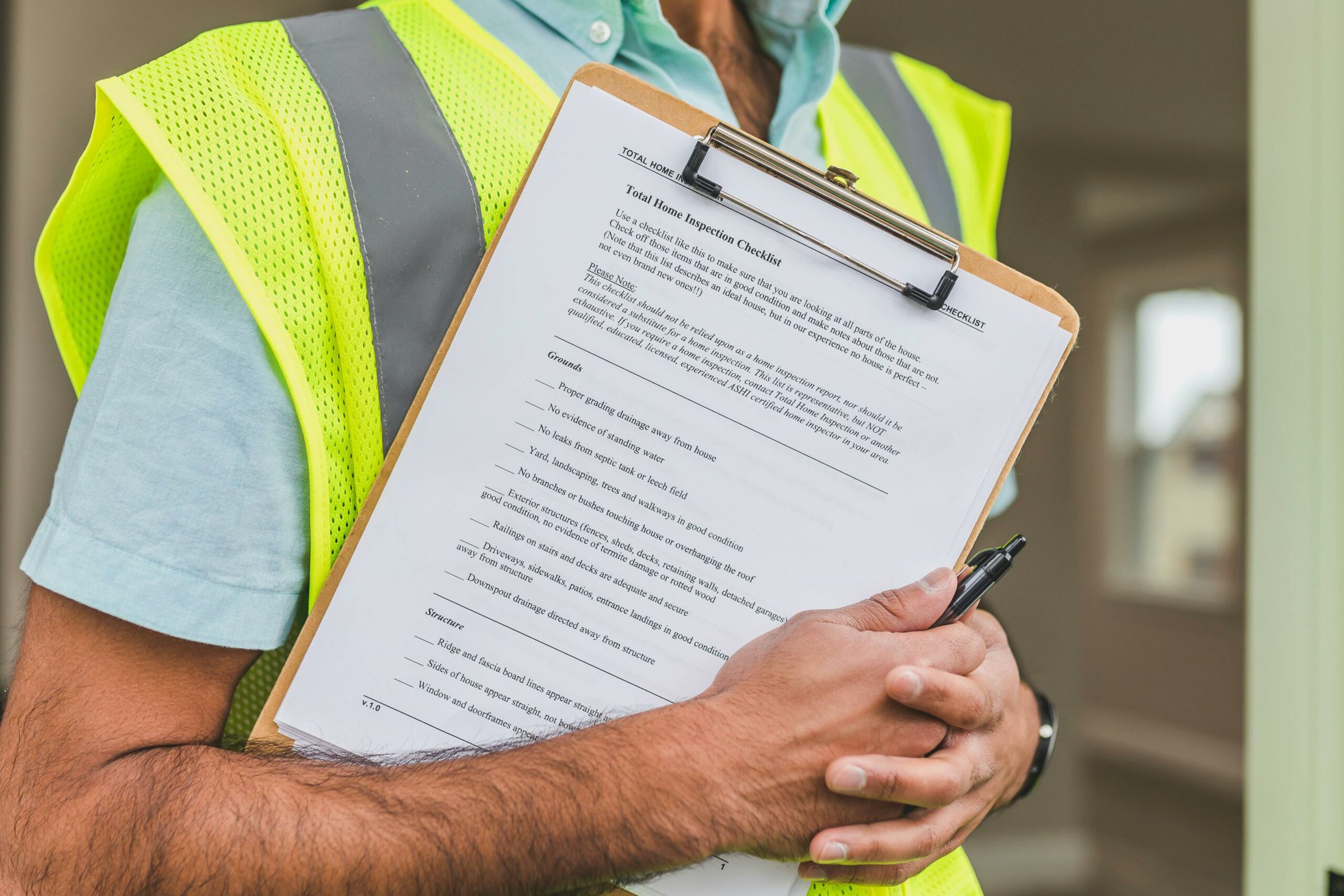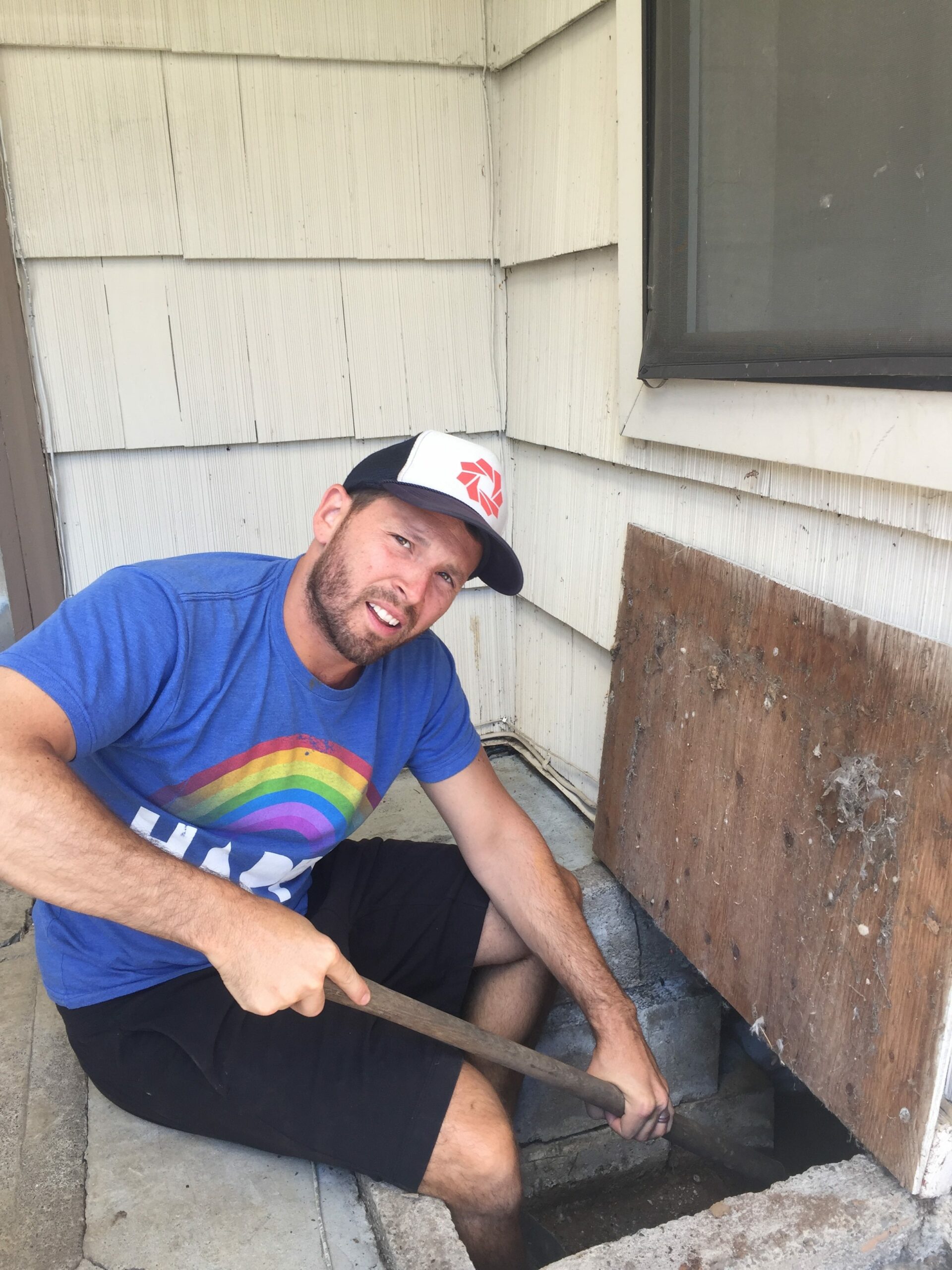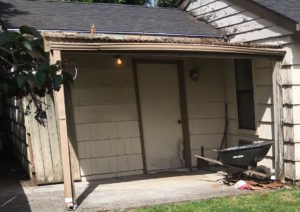Hey Portland home enthusiasts! I’m here to demystify the world of septic tanks for you. Let’s dive right in!
What is a Septic Tank?
A septic tank is essentially a personal waste management system, a great alternative to the public sewer. It’s a passive strategy to separate floatable matter and solids from the wastewater that exits your home. The system comprises the tank itself and a drainage field. The tanks come in various sizes, accommodating different occupancy levels based on their storage capacity.
Maintenance: The Key to Longevity
A well-maintained septic tank can last a long time, requiring cleaning every 5-7 years and annual filter maintenance. It’s not just about longevity; it’s about fostering an environmentally friendly and cost-effective waste management solution.
Pros and Cons: What You Need to Know
While septic systems are eco-friendly and generally more affordable than sewer lines, they come with responsibilities. You need to be mindful of what goes down the drain to avoid system clogs and ensure regular maintenance to prevent drainage issues.
Inspection Insights: What to Expect
During a home transaction involving a septic system, it’s vital to locate, clean, and inspect the tank. This process, which can involve various costs, ensures the system is functioning correctly and helps identify potential issues that might affect the transaction.
Facing Issues: Solutions and Costs
If issues arise, they generally involve the tank or the drainage field. Solutions might include installing a new tank or drainage field, or hydro-jetting to improve drainage. These repairs can be substantial, ranging from $10-20+k, emphasizing the importance of a thorough inspection during the home buying process.
Connecting to the Public Sewer: An Alternative
If fixing the septic system isn’t feasible, connecting to the public sewer is an alternative, albeit a potentially costly one, depending on the proximity to the public sewer line.
Conclusion
Understanding the state of a home’s septic system is crucial when buying a home. It’s a significant aspect that can affect your home buying experience, and being well-informed can aid in making the best decision for you.
Dive into the video for a deeper dive into this topic!
Got questions or need advice on septic systems in your home buying journey in Portland? Feel free to reach out at 





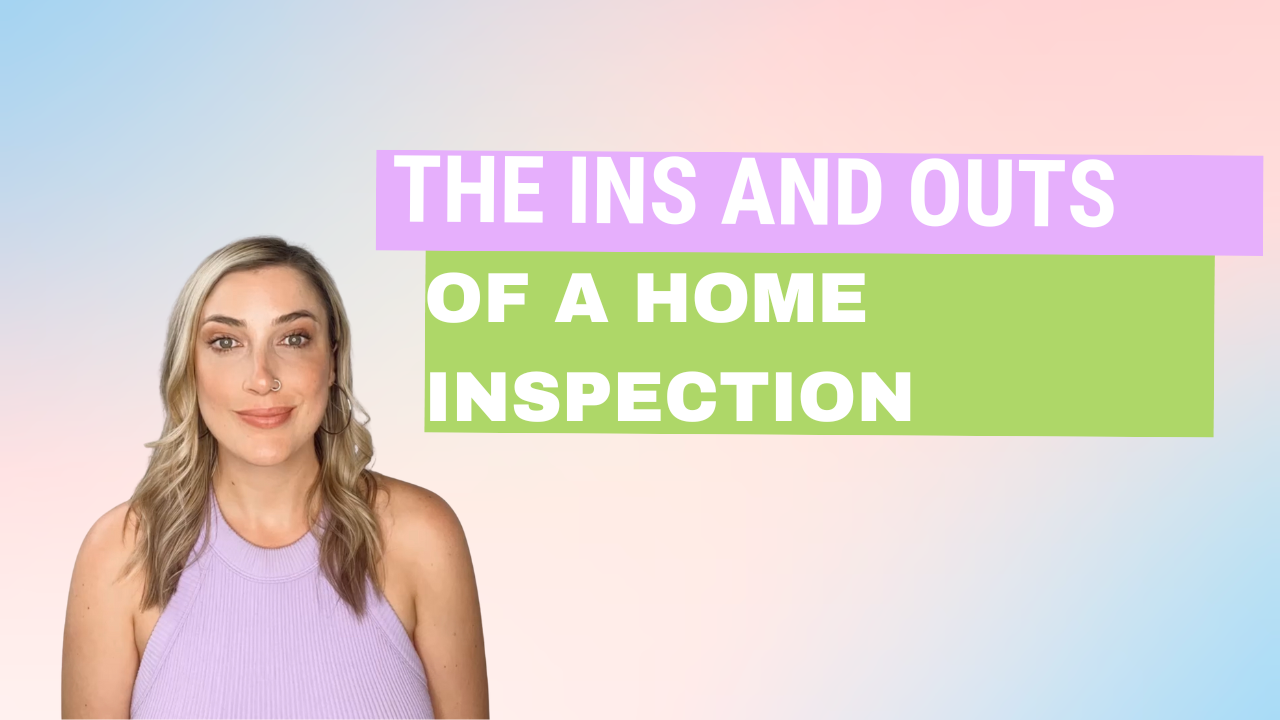
 The cost:
The cost: